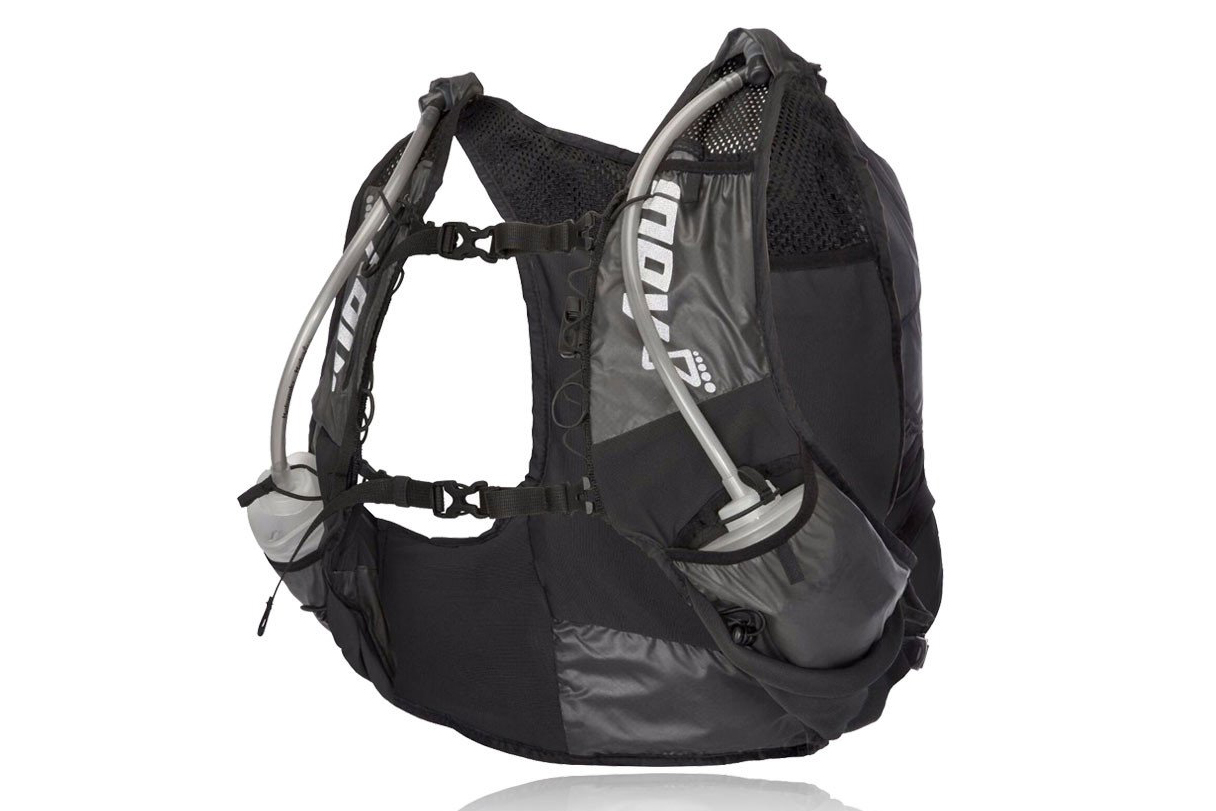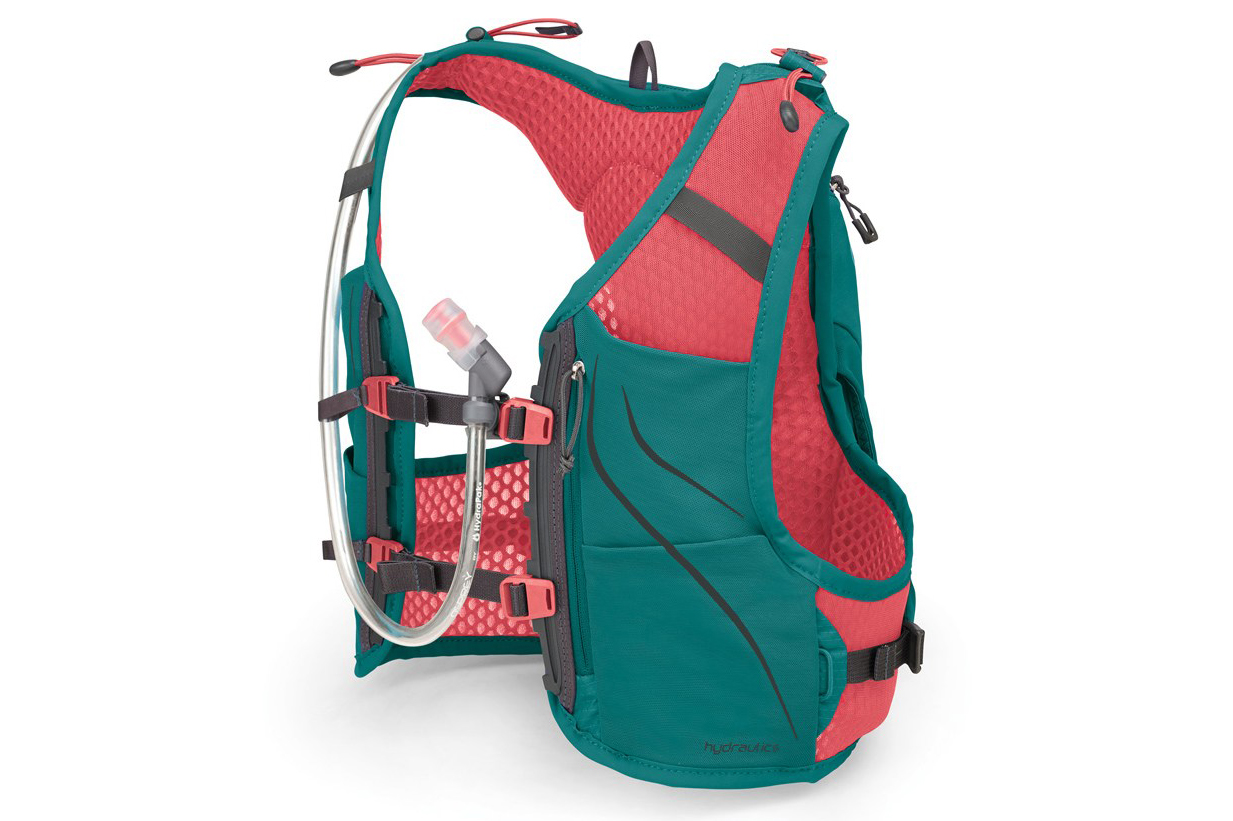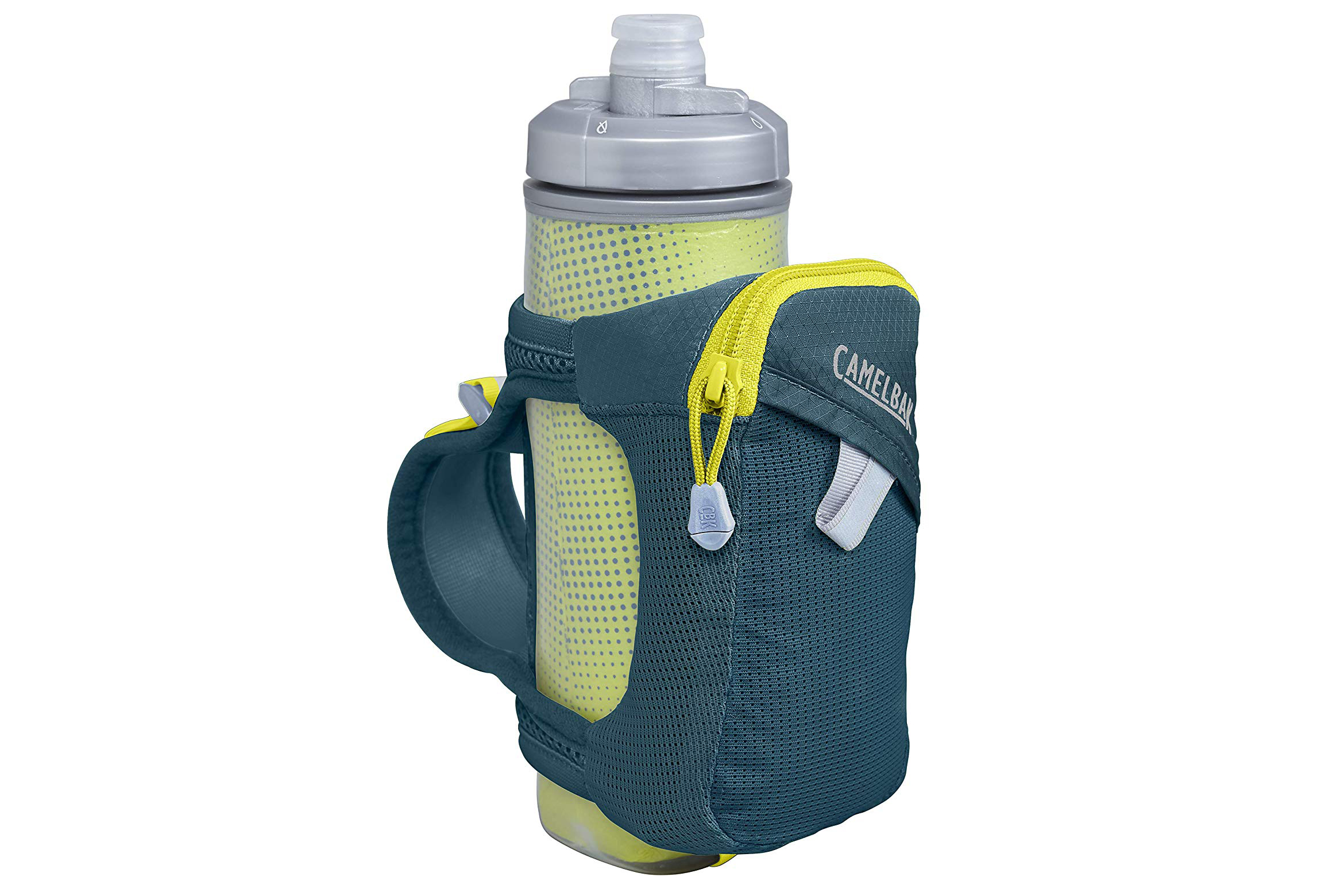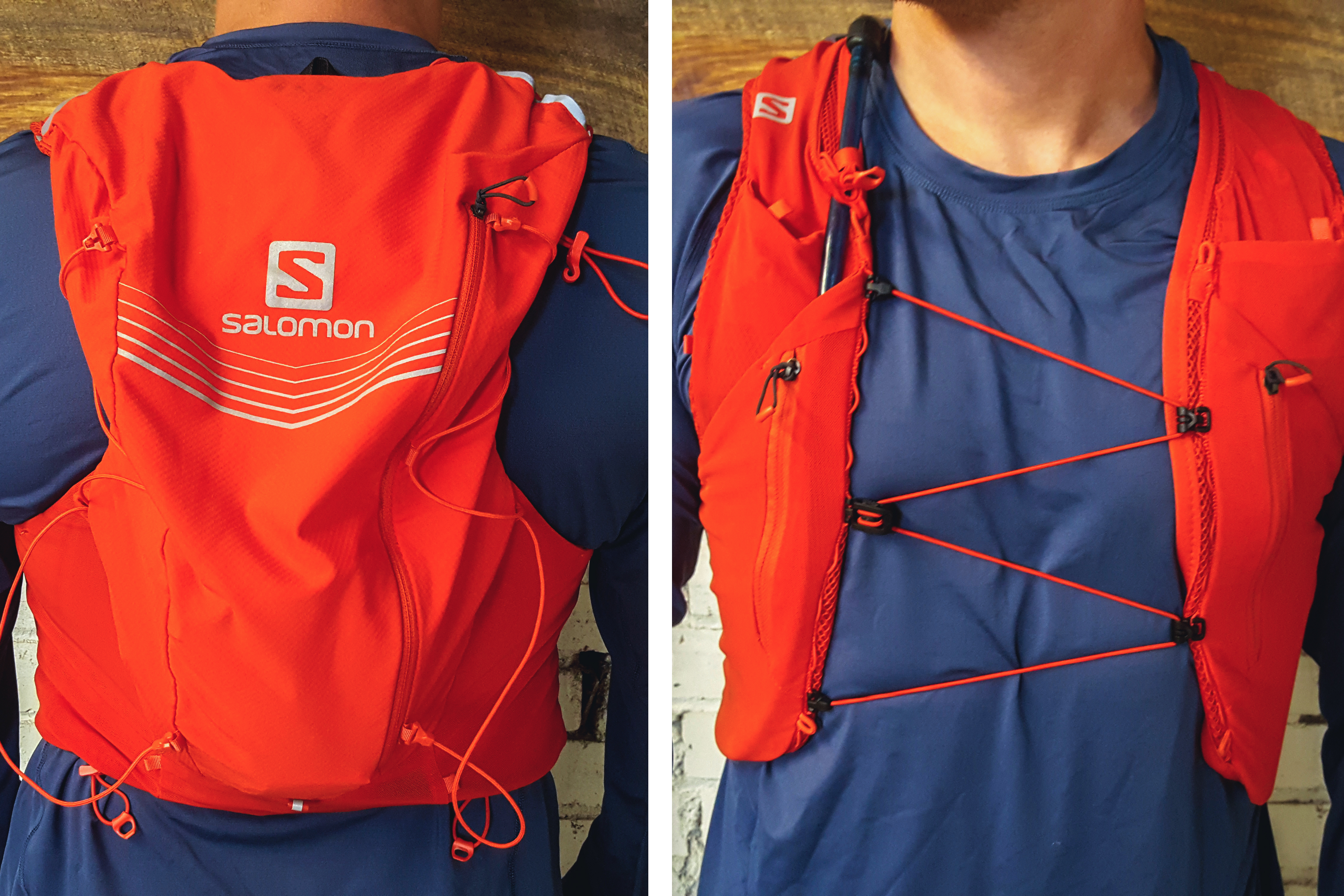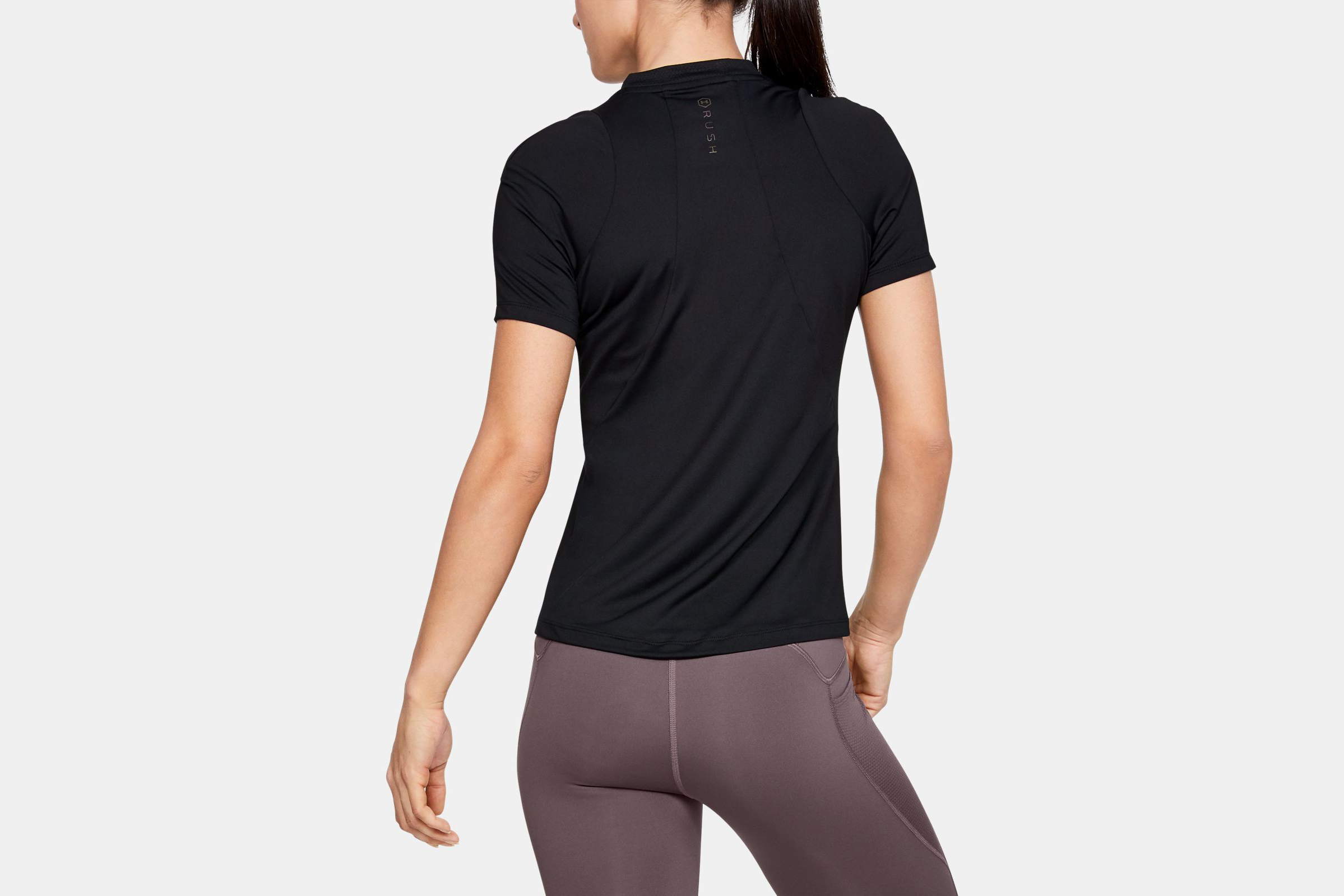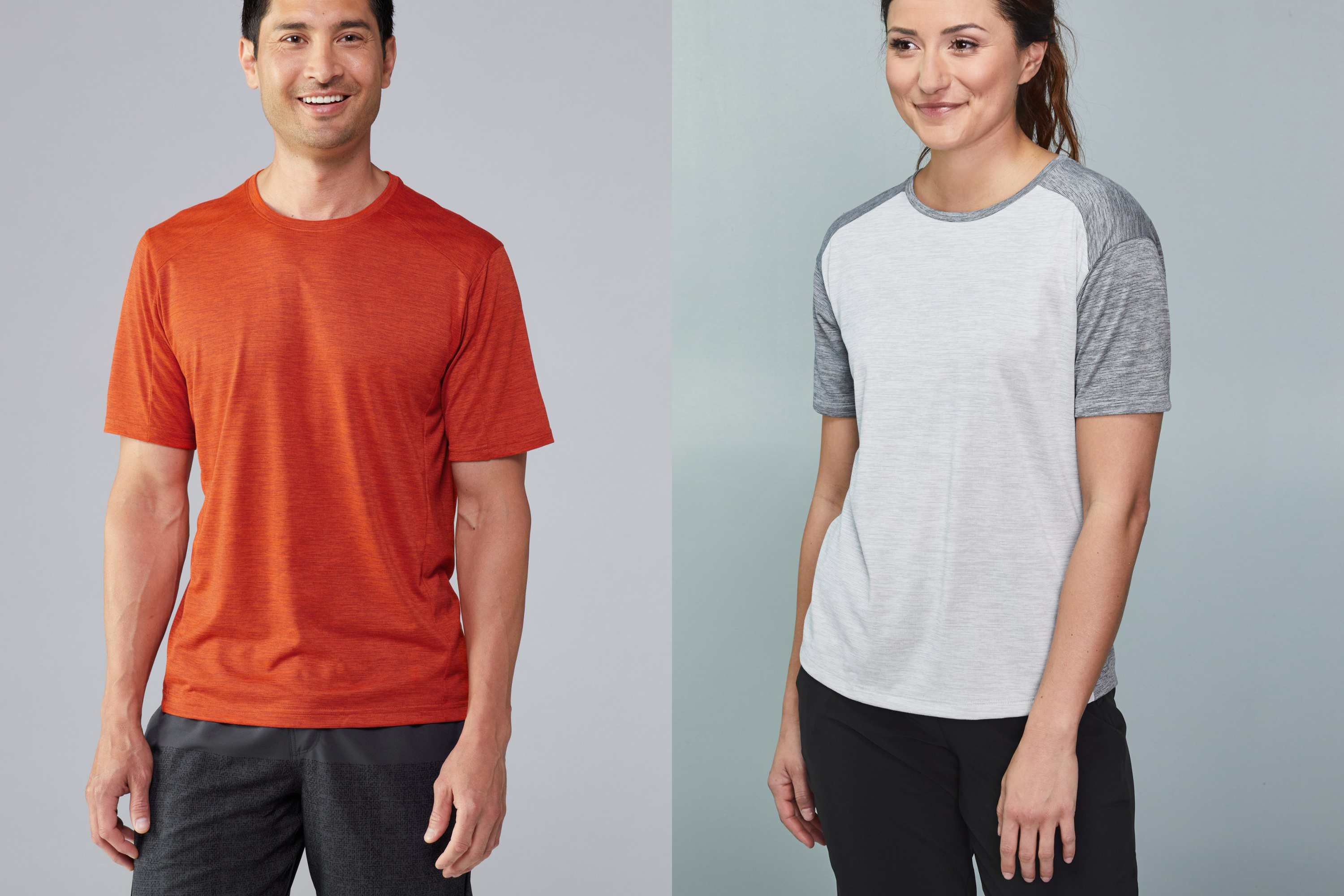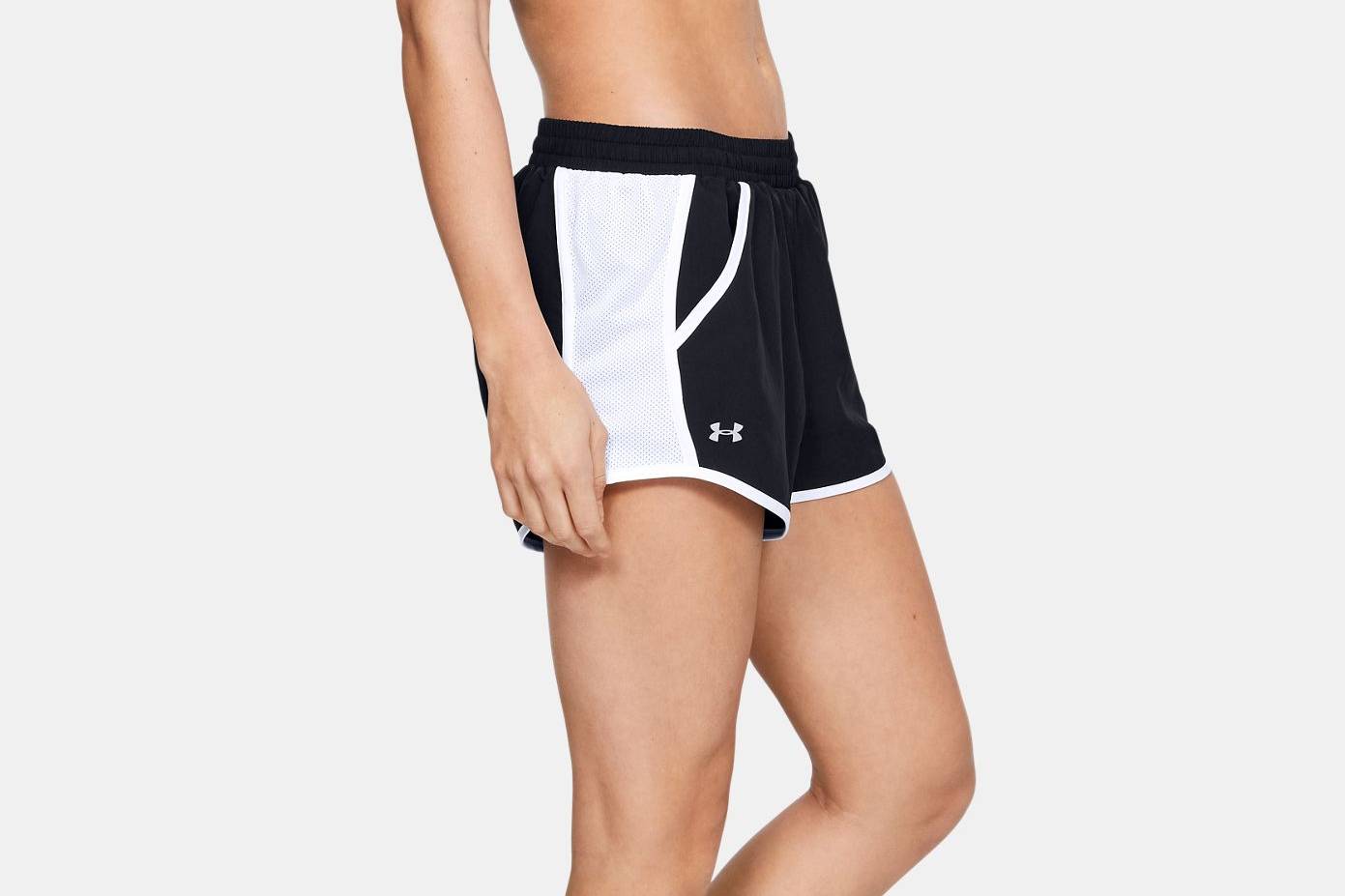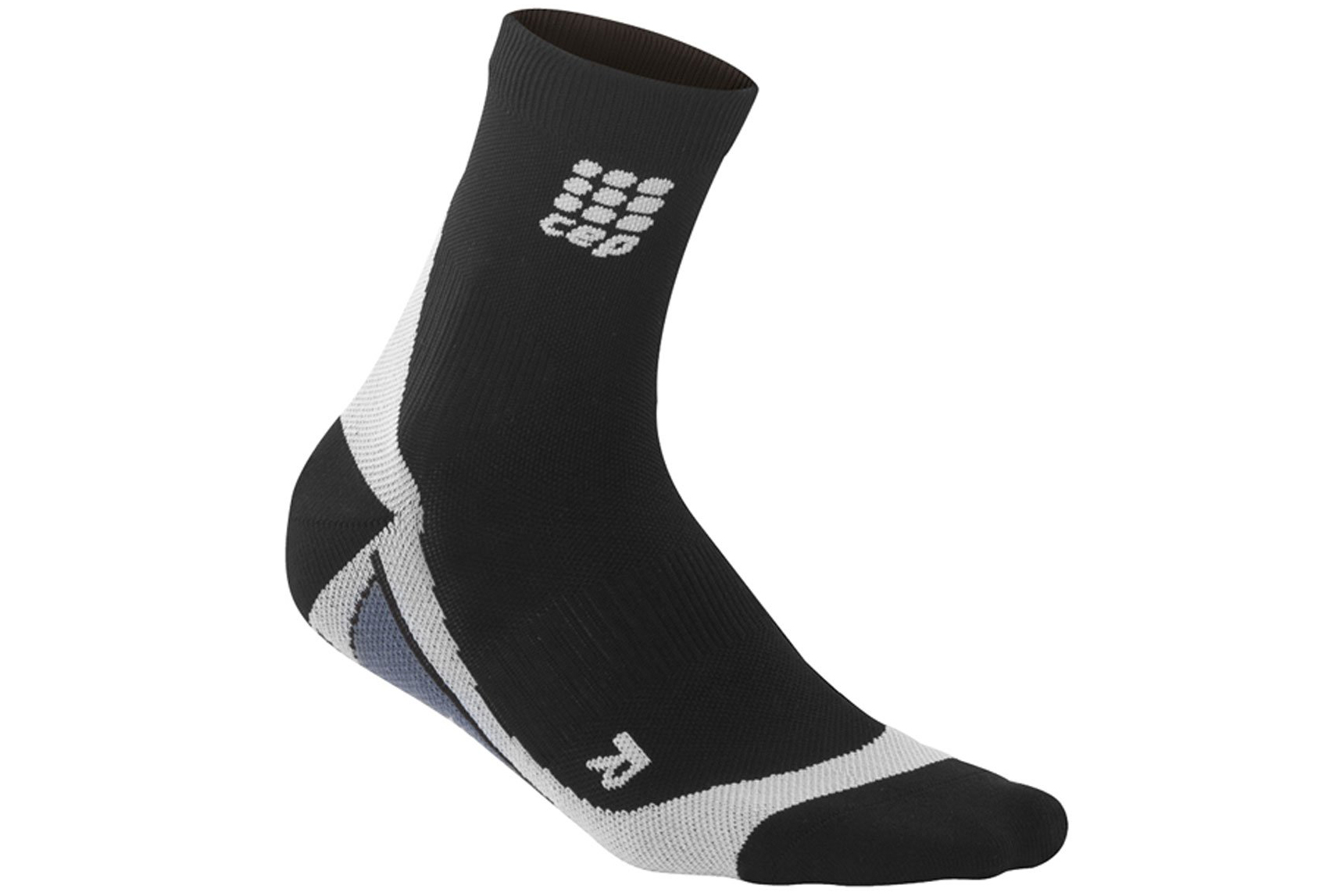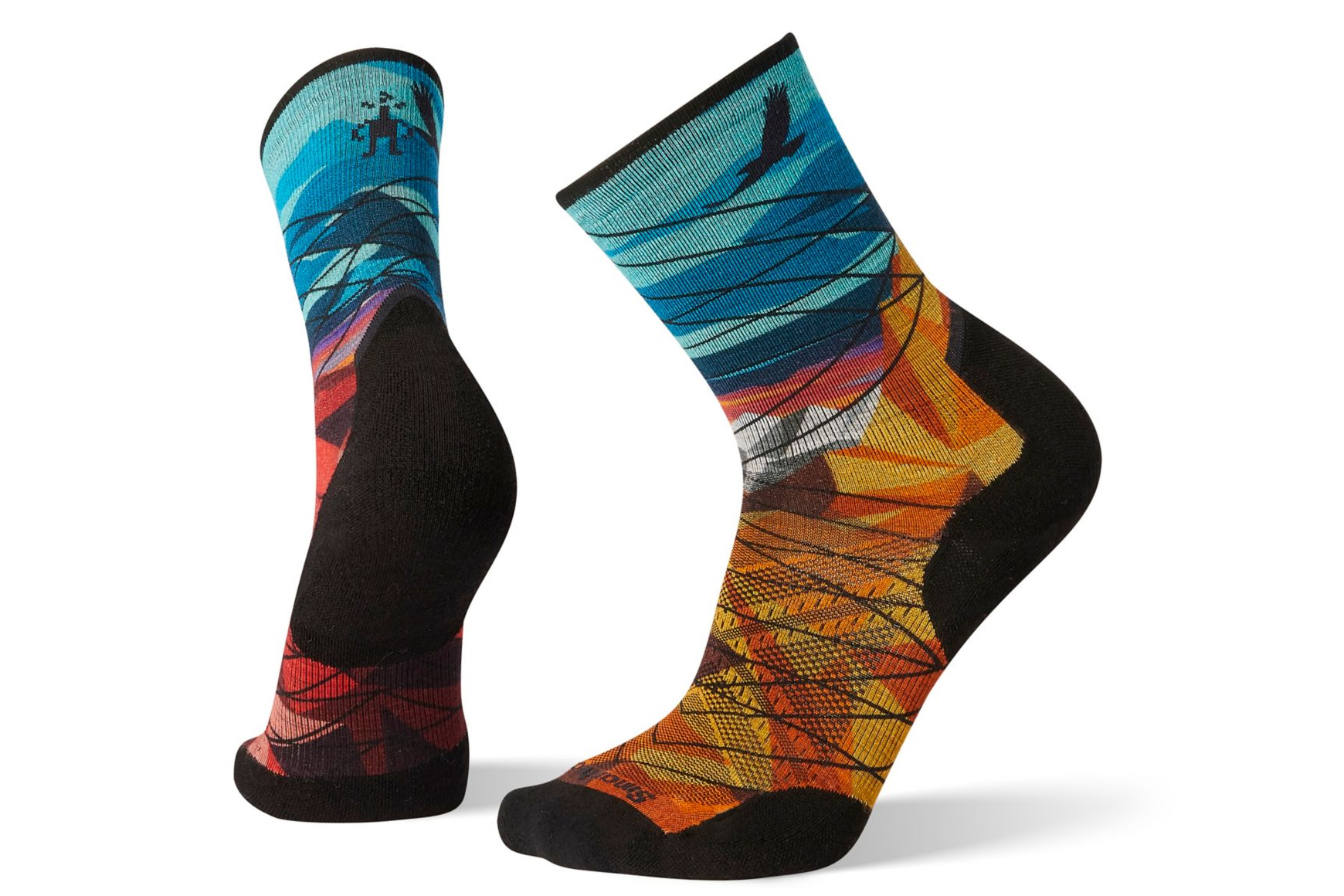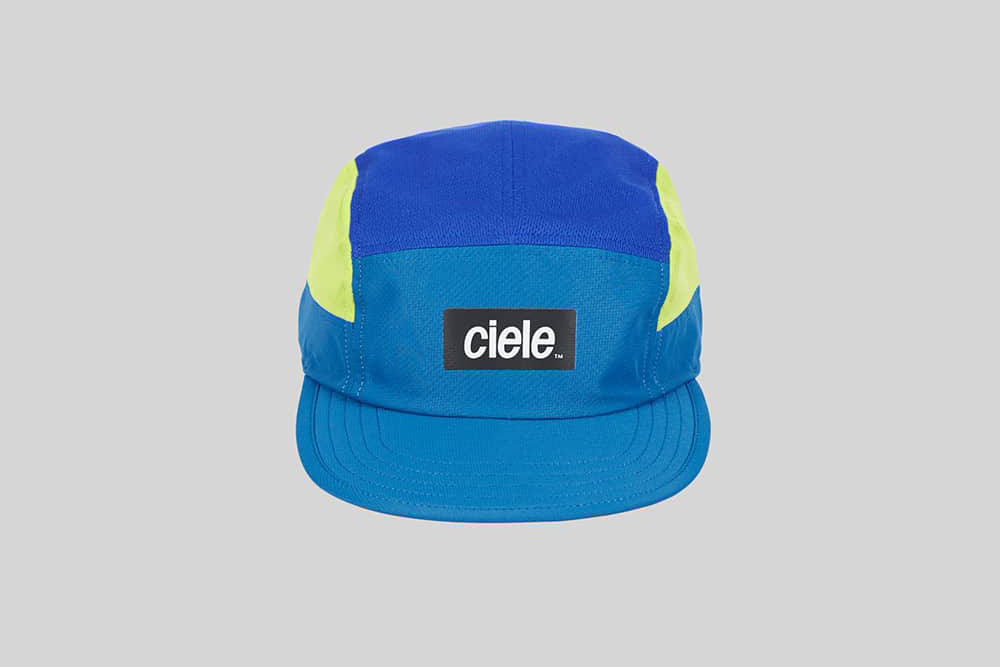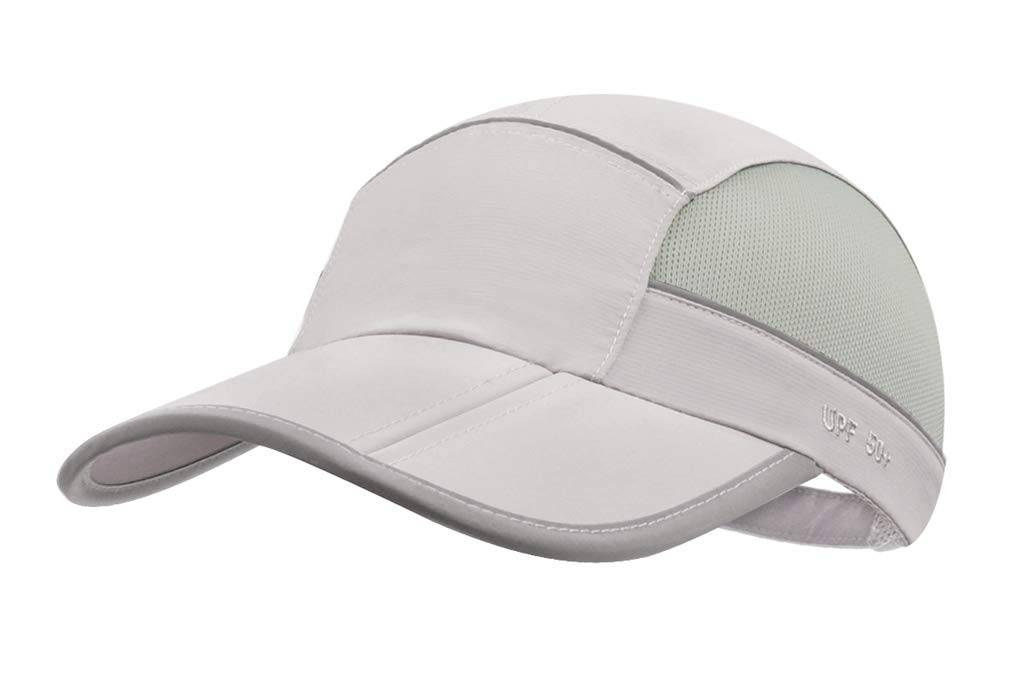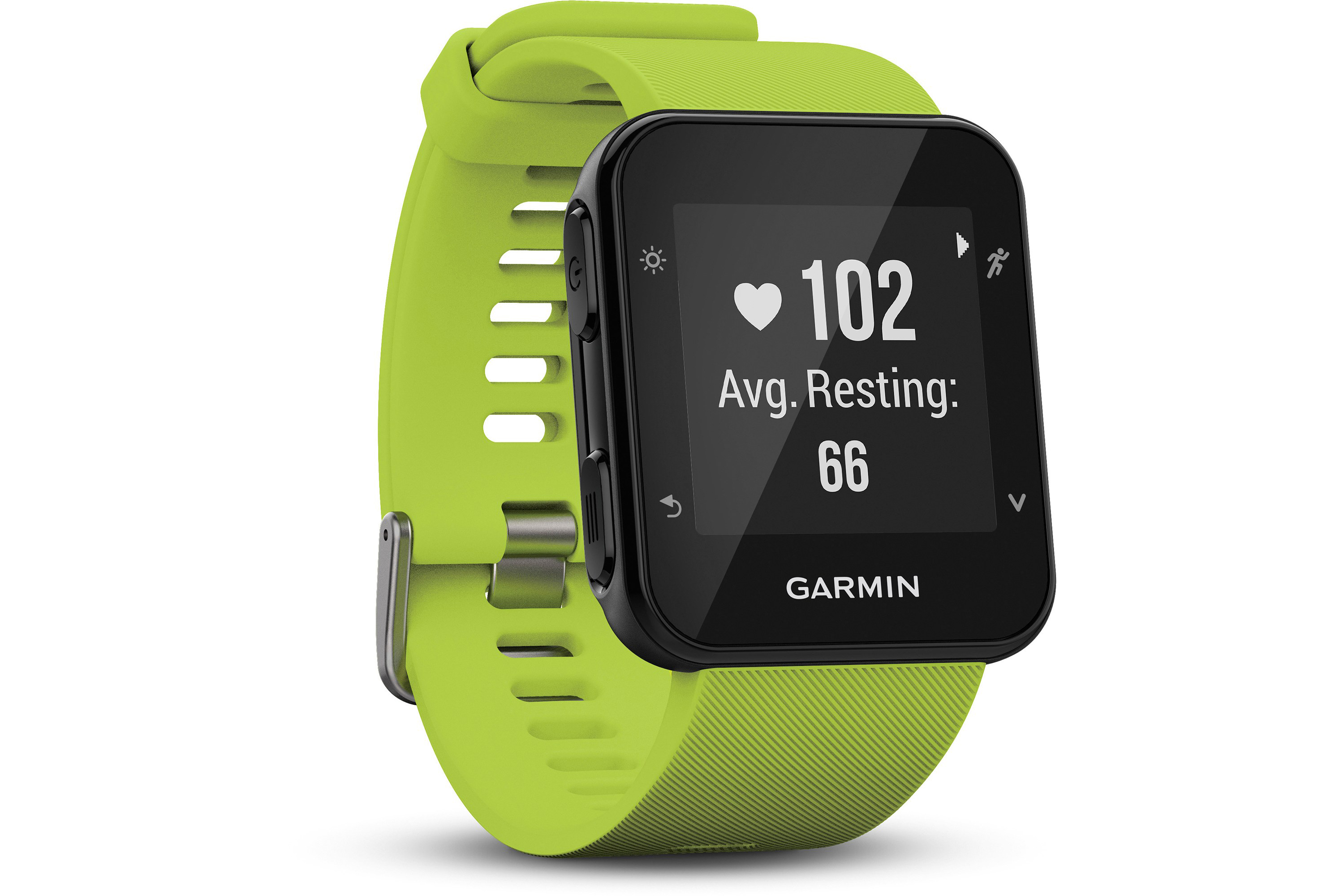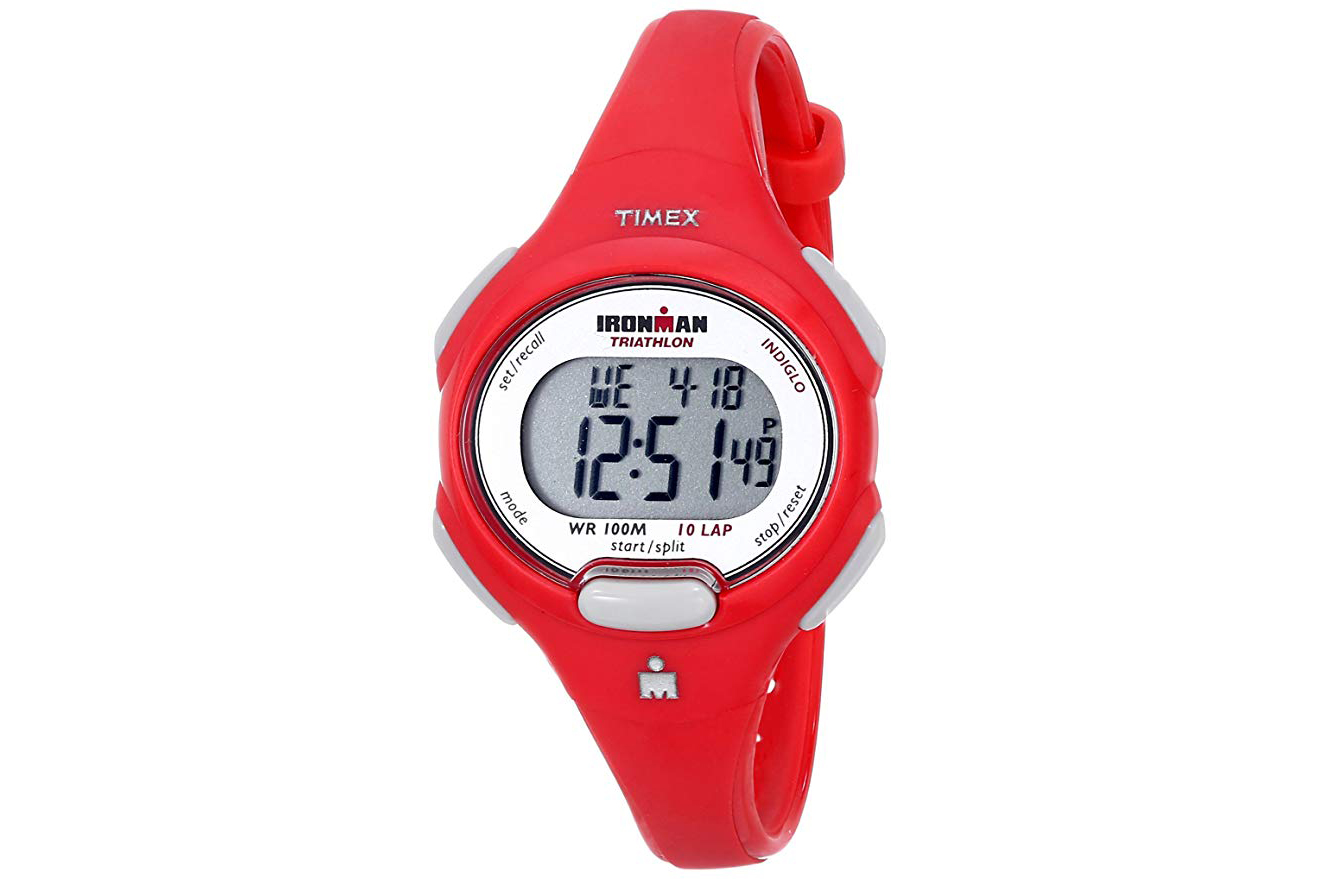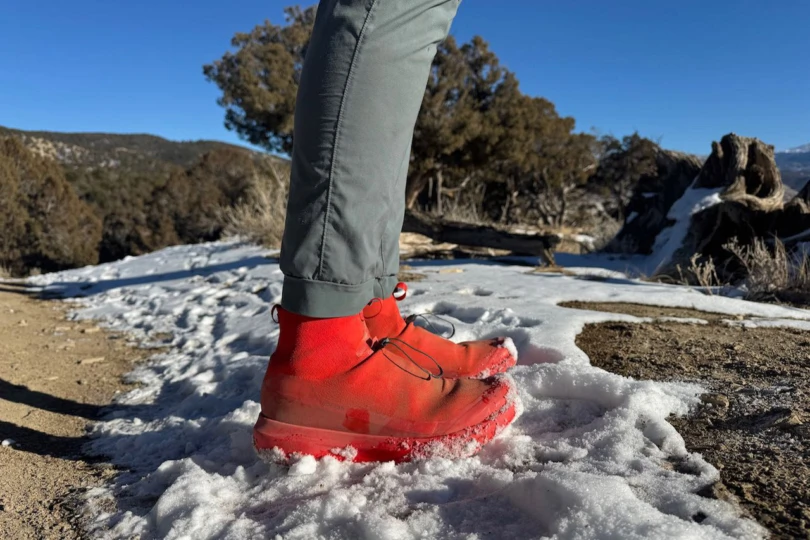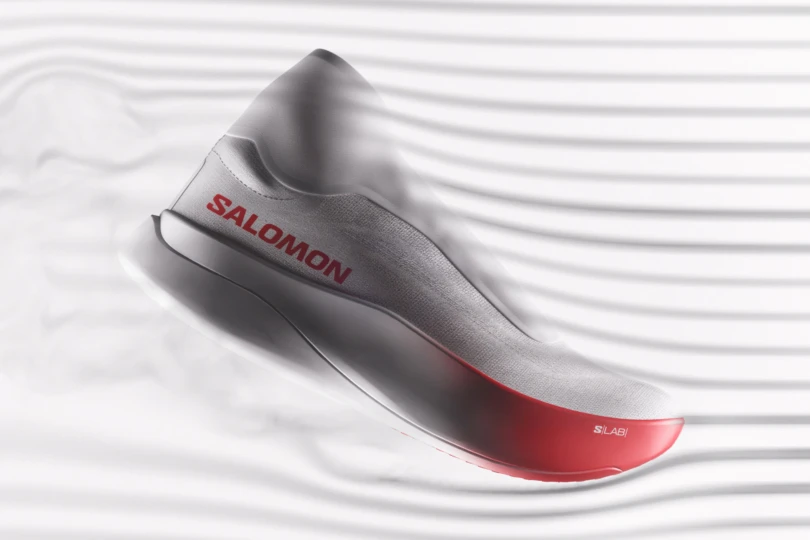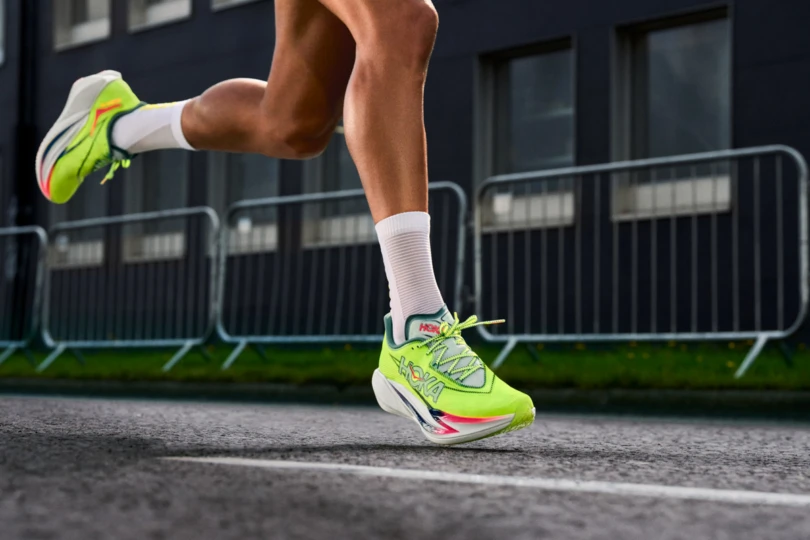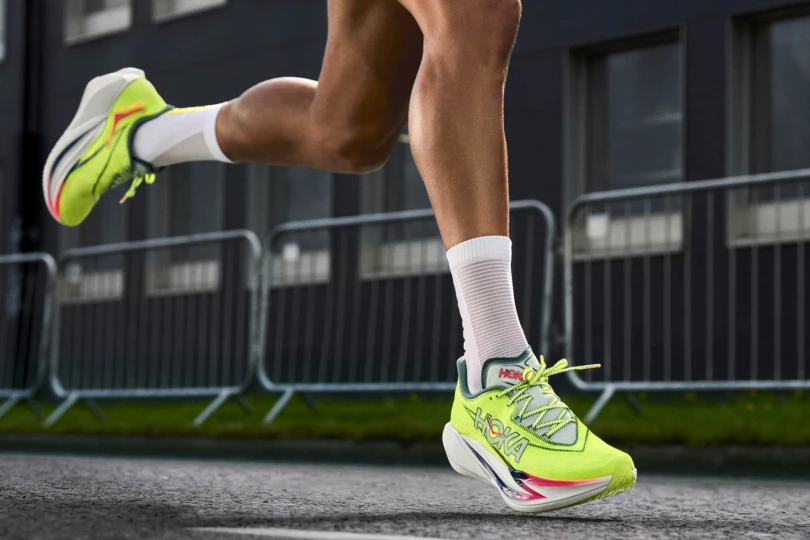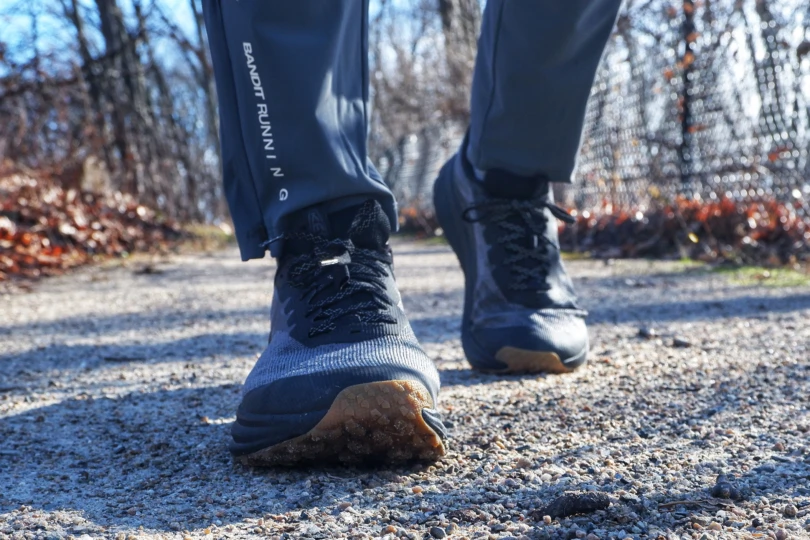Ultramarathons don’t require all that much gear, but they do require a little, and each piece is extremely important. I used this gear to tackle a run beyond 26.2 miles.
While doing my first 50km mountain run, I realized the gear ultrarunners use is similar to what marathoners carry. But there are a lot of differences too. Luckily, most ultrarunners pace by gauging how easily they can talk to fellow runners (translation: they’re chatty as hell), so asking about favorite gear was easier than you might think.
Together, my ultra-loving new friends helped me put together a list of what can make or break an ultrarun, whether it’s a race or a long solo adventure — and since that first race, I’ve figured out a few tricks and best practices myself.
These gear picks are suggestions: These are my takes as a first-time ultramarathoner. I also included expensive and affordable picks for those looking to run on a budget or get the best gear out there.
Hydration Vest
Baller: inov-8 All Terrain Pro Vest, $150
As I plodded over a seemingly neverending hill, I asked Amy Rusiecki — winner of UA Mountain Run in Killington in 2017 — for her favorite gear recommendations. Her first reaction was that she was really missing her hydration vest from inov-8 this year, as she’d opted to bring a handheld water bottle instead.
“The vests from inov-8 fit really well and are actually designed for ultrarunning,” she told me as we both gasped for air a bit. (Inov-8 vests are also “Born to Run” author Chris McDougall’s favorite!)
Midrange: Osprey Dyna 1.5 Hydration Vest — Women’s, $90
Inov-8 isn’t the only hydration vest-maker on the market. After a lot of trial and error, I found the Osprey Dyna Hydration Vest. It holds 1.5 L of water and plenty of snacks. Available in three sizes, the vest fits snugly and stays in place. I had no sloshing issues and no bouncing. Honestly, I loved it so much that when REI had it on sale for $45, I bought a second one in another color, just to have an extra. (There is a comparable men’s version as well.)
Budget: CamelBak Quick Grip Chill Handheld Hydration Pack, 17 oz., $28
When your race has aid stations every 5 km and the distance is in the 50km range, you can get away with just a handheld hydration bottle that you’re constantly refilling. But this only works well if you’re not prone to gut issues mid-race, as you’ll be relying on the drink mixes and food options the race provides, not picking your own.
Ultra Clothing
I’m usually a “run-what-you-brung” kind of girl: The ex-punk in me still loves a good band T-shirt with the sleeves chopped off haphazardly. A T-shirt might not feel the most stylish, but when running with a vest, it becomes a must to avoid chafing.
So my old staples weren’t going to cut it for 50 sweaty kilometers up and down a mountain toting a hydration pack, so in the last year, I’ve had to actually start paying attention to how running clothes fit and feel in order to find shorts that wouldn’t chafe and shirts that wouldn’t soak with sweat on the first climb.
Baller: UA RUSH T-Shirt — Men’s & Women’s, $50
A T-shirt designed to avoid chafing and use infrared technology to push energy back into your body? That’s a bold claim. And while I can’t claim the infrared benefits really worked, I can say that Under Armour’s RUSH T-shirt was perfect for avoiding chafing from my vest in my most recent race.
Budget: REI Co-op Active Pursuits T-Shirt — Men’s & Women’s, $17-25
For my first race, I settled on a simple performance fabric T-shirt from REI. On the starting line, I realized I had made a good call: Everyone around me was in similarly light tanks, with almost no exceptions.
Baller: lululemon Speed Shorts — Women’s, $78-88
For shorts, it’s hard to top lululemon’s Speed shorts with a 2.5-inch inseam. All 10 women in the Early AF Run Club in my hometown swear by these thanks to the ultracomfortable liner and convenient zipper pocket.
Budget: Under Armour Fly-By Shorts — Women’s, $25
Like REI Co-op’s Active Pursuits T-Shirt, these lightweight running shorts from Under Armour’s Heat Gear collection fit right with the other runners at the starting line. This budget option served me well.
Socks
My compression socks were ideal for keeping my feet from getting too swollen throughout the race, and I will argue that they’re a big part of the reason I still have two big toenails post-race.
CEP Dynamic+ Merino Short Socks — Men’s & Women’s: $19-23
Of course, not all runners like compression socks. Several GearJunkie editors swear by merino wool at midcalf length. And the taller socks help keep rocks from getting caught in the sock.
Smartwool PhD Pro Endurance Print Crew Socks — Men’s: $26
Another favorite comes from Smartwool. Its PhD Pro Endurance Print Crew Socks are designed for none other than 2018 Leadville 100 winner Rob Krar, and they look badass to boot.
Running Hat & Buff
Keeping hair and sweat out of your face and eyes is key. And a cap can also help shield your face from sunburn while helping you avoid the sun glare as it comes up during your early-morning race start.
Baller: Ciele GOCap, $40
Ciele, a Montreal-based brand, seems to be the go-to trendy choice for ultrarunners. The brand offers a ton of awesome colors and color blocking on its variety of caps. Ciele is a great, longlasting option if you’re looking for something sweat-wicking and run-specific.
Budget Option 1: Lightweight Running Cap, $9-12
You don’t need a cool-looking cap to feel cool: any white, running-specific cap will be useful. (Pro tip from exercise scientist Stacy Sims: During a hot race, use your cap to cool off by dousing it with cool water at aid stations.)
Budget Option 2: Buff, $20
Another budget headwear item almost everyone at GearJunkie adores is the Buff. One of the most versatile pieces of outdoor gear, you can wear this as a neckwarmer, bandana, hat, and much more. The extra layer is nice when the temps plummet into the night.
GPS Watch
A GPS watch is great. Keep an eye on your pace and the distance you have left. It really helps in a trail race or hilly ultra where crazy elevation gain can trick your mind. And often, courses are well-marked but not with actual distance written out. So seeing how far you’ve gone is important for pacing, morale, and fueling. It also comes in handy for any disputes post-race.
If you’re on a budget, a regular sports watch will give you time data that you can compare with distance when you hit aid stations for a rough idea of your pace and time left to the finish.
Baller: Garmin Forerunner 35 GPS Watch + Heart Rate Monitor, $130
With activity tracking, GPS, and heart-rate sensors, the Garmin Forerunner 35 packs a lot of tech into a relatively affordable package (as far as smartwatches go). Heart-rate sensors are great for managing effort — a crucial element during uphills in 5-plus-hour races.
Budget: Timex Ironman Essential 10 Watch, $20-32
The Timex Ironman Essential is a minimal watch that is water-resistant to 100 m. It has a countdown timer and an alarm function with Japanese quartz movement.
‘Mandatory Gear’: Nutrition, Anti-Chafe, Headlamp
Many ultras require you to carry what is usually noted on the race instructions as “mandatory gear.” This usually includes an emergency blanket, hat, light gloves, light shell jacket, and whistle. Every race is different, so be sure to read your race instructions closely!
Nutrition is as important or more important than any other gear items on this list. Make sure you train and know what energy foods will not upset your stomach multiple hours into a race.
If you have a sensitive stomach, counting on aid stations during a race is a bad move — especially because ultras are notorious for strange options at checkpoints. Even a fully stocked checkpoint may be Skittles, Coke, and potato chips rather than the gels and bars you’re used to. So unless your stomach handles most food easily, carry some of your staples with you in your pack.
Personally, I found that Tailwind, a lightly flavored but calorie- and electrolyte-rich powder, in my hydration pack was perfect in tandem with a few caffeinated gels. There isn’t a right answer here; you need to figure out what works best for you.
Other things you may want to consider are Gin-Gins and Tums for upset tummies. And many runners swear by SaltStick electrolyte tablets to avoid cramping while running for hours on end. Finally, a few tabs of Tylenol (never ibuprofen, which is metabolized by the already-abused kidneys) will help ease pains late in the race.
Even super-skinny ultrarunners deal with chafing. Keep it at bay with a quick application of the deodorant stick-style Bodyglide. A bit under your arms and on your upper thighs can make 4 hours of racing feel a lot better — and make getting into a hot tub or Epsom salt bath post-race a whole lot less painful.
Last but certainly not least, many ultras start in the dark or go through the night, making headlamps a must.
Running Shoes
I didn’t include any shoe recommendations on this list because it’s such a highly personalized choice. What works for one runner may not work for another. It’s a long discussion, so we’ve also covered this in-depth in other GearJunkie articles. Check them out below for a few ideas.
A Few Good Books
An ultrarunner isn’t made on legs alone. A huge part of the race is mental, especially in the middle miles where it seems neverending and fatigue has set in. Read a book or two about overcoming tough moments in races. Even if you just flip through a chapter or two the night before the race, it can be super helpful.
Here are a few that other ultrarunners have copped to loving lately:
- “Strong” by Kara Goucher
- “The Brave Athlete” by Simon Marshall and Leslie Paterson
- “Born to Run” by Chris McDougall (True story: Ten minutes before the race, I was reading my Kindle highlights from this book on my phone by the start line.)
- “Let Your Mind Run” by Deena Kastor
- “The Pursuit of Endurance: Harnessing the Record-Breaking Power of Strength and Resilience” by Jennifer Pharr Davis

